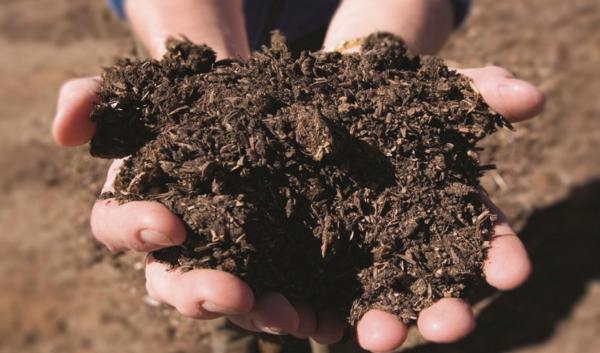
The "Climate Conversations" workshop series is designed and delivered by the USDA California Climate Hub to support USDA-NRCS staff and partner agencies, including Regional Conservation Districts and the Farm Bureau, with knowledge and tools to better understand and respond to climate challenges facing working lands. The main purpose of this four-module training is to help staff, especially conservation planners, feel more confident offering information about increasing resilience. The training combines both in-person and online sessions, offering a flexible and interactive learning experience for participants across California.
On this webpage, you will find educational materials that complement the "Climate Conversations" curriculum. To sign up for an in-person event in your area, check USDA AgLearn.
-
This foundational module will cover the essentials of climate science and climate models to assess climate risks. Participants will gain a deeper understanding of climate fundamentals and learn how climate models work—exploring how these models help us anticipate risks, identify trends, and support sound decisions with a changing climate.
USDA California Climate Hub Factsheets
California Greenhouse Gas Emissions
Additional Resources
Agriculture and Forestry Greenhouse Gas Inventory
Global Climate Models and Land Management Factsheet Series
NRCS and the Inflation Reduction Act
NRCS Conservation Basics: Climate
NRCS Conservation Practices and Greenhouse Gas Mitigation Information
The Role of Agriculture in Climate Change Mitigation Booklet
-
This module focuses on the climate impacts specific to each NRCS region in California. It will explore key challenges like extreme heat, drought, wildfire, and emerging pest issues. Participants will also receive hands-on experience with the Climate Toolbox, which offers valuable insights into how climate factors are evolving in their regions, enabling them to better support landowners with tailored, local solutions.
USDA California Climate Hub Factsheets
General Climate Trends and Impacts for NRCS California Area 1
General Climate Trends and Impacts for NRCS California Area 2
General Climate Trends and Impacts for NRCS California Area 3
General Climate Trends and Impacts for NRCS California Area 4
Additional Resources
Climate Quick Reference Guides
Harnessing the Inflation Reduction Act to Further Support Forest Landscapes
Harnessing the Inflation Reduction Act to Further Support Grasslands
Harnessing the Inflation Reduction Act to Further Support Wetlands
Harnessing the Inflation Reduction Act to Support Western Agricultural Landscapes
-
This module breaks down essential adaptation and mitigation terminology to clarify terms like "trade-offs" and "co-benefits." It will also connect these terms to the NRCS Climate-Smart Agriculture and Forestry (CSAF) initiatives, showing how they relate to specific conservation practices and objectives. This module will deepen participants' ability to advise on conservation practices that integrate current mitigation NRCS conservation efforts.
USDA California Climate Hub Factsheets
Climate Adaptation and Mitigation
Additional Resources
Climate-Smart Agriculture and Forestry Mitigation Activities List
Adaptation Resources Workbook for California Specialty Crops
Adaptation Strategies and Approaches for California Forest Ecosystems
-
Currently in development, our fourth module will take a systems-based approach to understanding California’s diverse ecosystems, including perennial and annual crops, forests, and rangelands. Participants will explore the carbon and nitrogen cycles in these systems, examining how each cycle functions uniquely within different types of land use. By focusing on tailored conservation practices, participants will learn how to support climate resilience and sustainable management specific to each ecosystem.
Additional Resources
Adaptation Resources Workbook for California Specialty Crops
Adaptation Strategies and Approaches for California Forest Ecosystems
Conservation at Work Video Series
Soil Health, Soil Amendments, and Carbon Farming Factsheet Series
Carbon to Nitrogen Ratios in Cropping Systems
Building Soils for Better Crops




